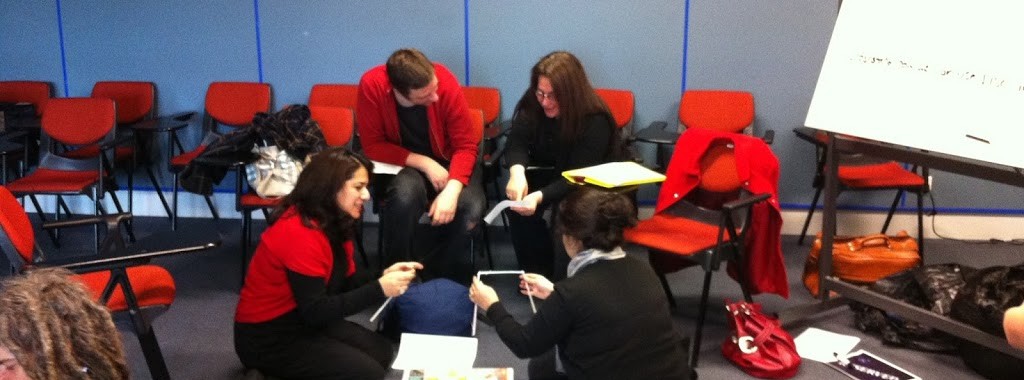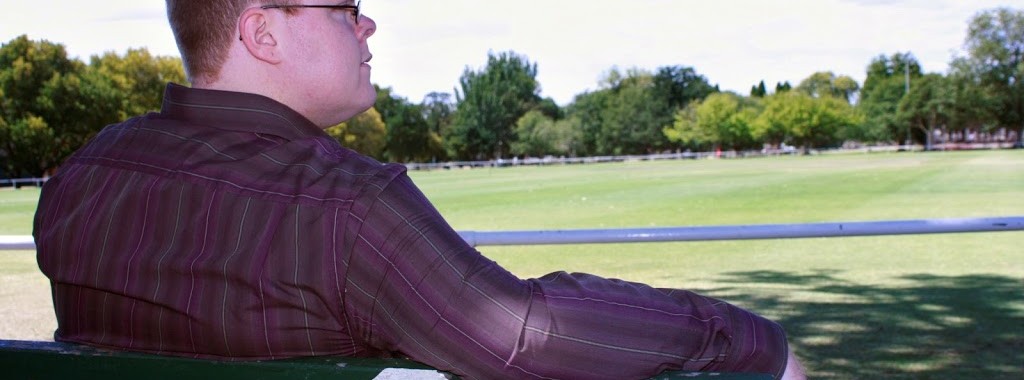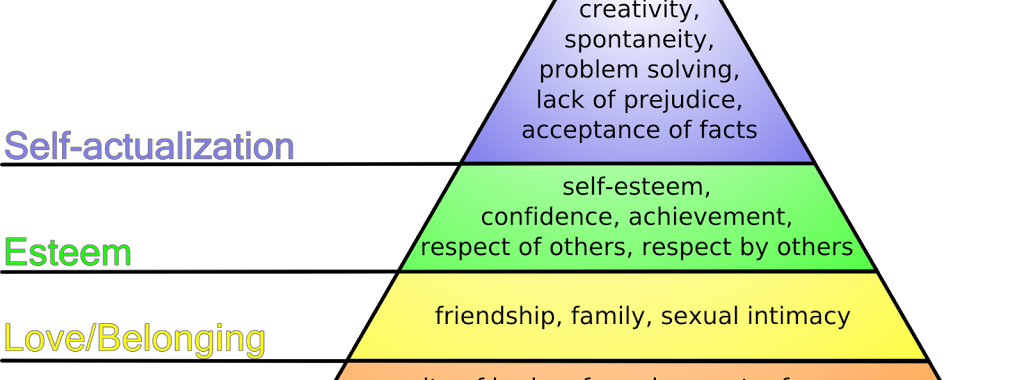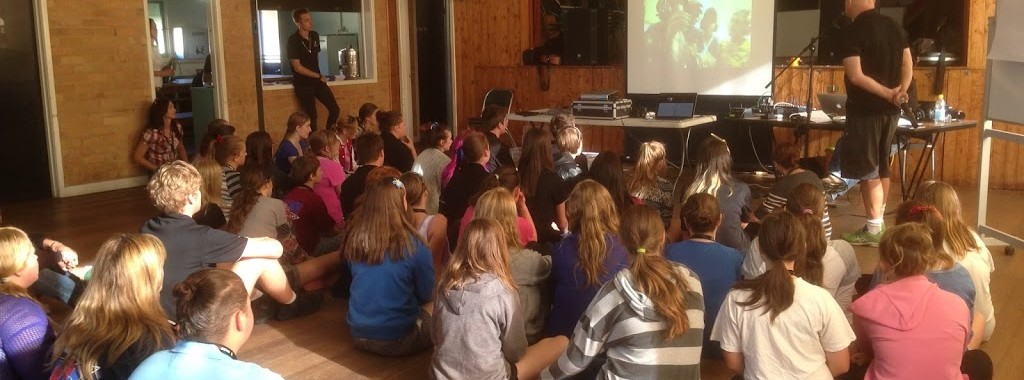Tag Archives: Youth Work
Developing the leaders of the future: youth work qualifications aren’t enough!
 |
| Youth workers are looking for leaders in the field. |
-
Focused on effective results not efficient KPI’s.
-
Advocates for sector wide reforms including; better funding, focus on holistic interventions and staff support.
-
Developers of new research and practice literature which brings a youth work specific body of work to academia.
-
A core focus on our clients need, not our funding bodies “requirements”.
-
The ability to inspire the next generation of youth workers to expand the profession.
-
The wisdom to change with the times and not follow blindly other human service professions
-
A focus on character rather than qualifications when recruiting new staff.
-
A recognition of the role of youth workers by broader society
Leave us a comment below or post a comment on facebook and twitter.
If you haven’t yet, sign up for our newsletter to find out all the goings on at Ultimate Youth Worker.
The Habit of Youth Work: Excellence in all we do.
 |
| Reflective practice is a skill that takes practice |
“We are what we repeatedly do. Excellence, therefore, is not an act but a habit“. Aristotle
Why do youth worker’s struggle to work together???
- Youth work has become a competitive industry and this permeates through to staff.
- Vicarious trauma which is not dealt with properly has to come out eventually, usually in burnout.
- When people work in close proximity in tough situations it can lead to some personality clashes.
- Managers provide minimal accountability and do not squash issues within the team quickly enough.
- Some people are just not cut out for youth work!!!
What gets youth worker’s through stressful times???
 |
| Youth work isn’t always fun! |
“A difficult time can be more readily endured if we retain the conviction that our existence holds a purpose – a cause to pursue, a person to love, a goal to achieve.”- John Maxwell
Mental state exam for youth workers: Perception
A hallucination is defined as a sensory perception in the absence of any external stimulus, and is experienced objectively by the young person eg. they see it and you don’t. Hallucinations occur in any of the five senses, although auditory (hearing) and visual (sight) hallucinations are the most frequently observed. Auditory hallucinations are typical of psychosis and symptoms such as ‘voices talking about the young person’ and ‘hearing one’s thoughts spoken aloud’ are indicative of schizophrenia, whereas second-person hallucinations such as ‘voices talking to the young person threatening or insulting or telling them to commit suicide’, may be symptomatic of psychotic depression or schizophrenia. Visual hallucinations are more likely suggestive of organic conditions such as epilepsy, drug intoxication or drug withdrawal.
An illusion is defined as a false sensory perception in the presence of an external stimulus, in other words a distortion of a sensory experience, and may be recognized as such by the subject. The best example I can think of is mime artist or the visual illusions of Giuseppe Arcimboldo. The old adage that your eyes play tricks on you is no more true than when we think of illusions. Illusions in themselves are not necessarily an indicator of mental illness but could mean a physical disorder or intoxication.
 |
| One of Giuseppe Arcimboldo’s illusions |
A pseudohallucination is experienced in an internal or subjective space such as ‘voices in my head’ and is regarded as akin to fantasy. Other sensory abnormalities include a distortion of the young persons sense of time, for example déjà vu, or a distortion of the sense of self (depersonalization) or sense of reality (derealization). These symptoms could be suggestive of dissociative disorders, epilepsy or brain damage.
I %^&*ing HATE school: I’m going to be a drug dealer!
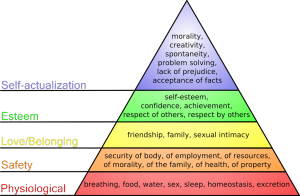 |
| Maslow’s hierarchy of needs |
Youth work organisations shirk their responsibility
Organisations must care for their staff
 |
| The average youth worker drowns in bureaucracy and its worse if they don’t look after their self care |
Many of the staff that we come across at Ultimate Youth Worker want to do their job to the best of their ability and they all say that they could use more support from their managers. Most managers we meet would love to support their staff but are drowning in paperwork and their own lack of support to be able to help anyone. Then when all hell breaks loose we crucify the staff and managers for not doing their job right. If there is not time to reflect and maintain self care what do we expect!!!
Mental state exam for youth workers: Thought process and content
 |
| A prime example of maladaptive thought content and process |
Thought process
Thought content
If you haven’t yet, sign up for our newsletter to find out all the goings on at Ultimate Youth Worker. (Sign up here)


